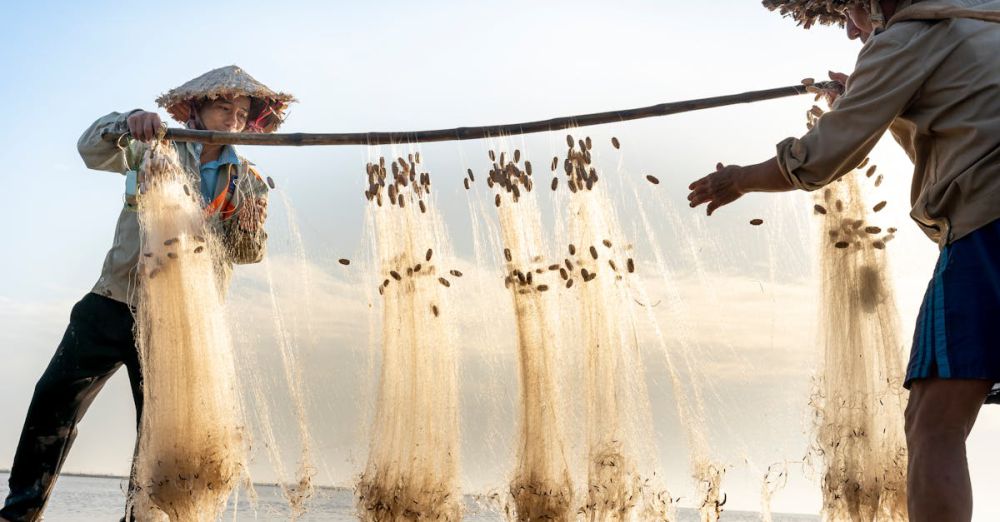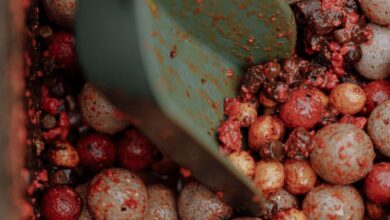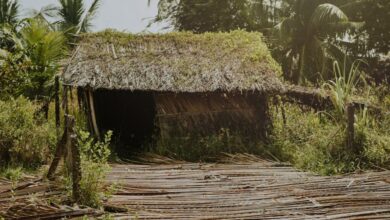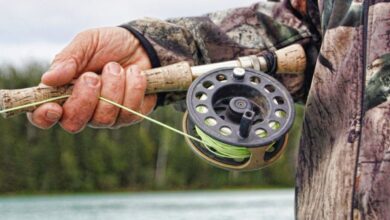What Are the Best Fishing Techniques for Beginners
Fishing is a rewarding and relaxing activity that appeals to people of all ages. For beginners, it can sometimes feel overwhelming with the variety of techniques, gear, and locations available. However, mastering some fundamental fishing techniques can open the door to enjoyable fishing experiences. Here’s a guide to some of the best techniques for those just starting their fishing journey.
Understanding the Basics of Casting
Casting is the foundation of fishing. It involves the technique of throwing your line into the water to attract fish. Beginners should focus on learning how to cast effectively. Start with a basic spinning rod and reel, which are easier to handle and control.
Hold the rod at a 45-degree angle and, with a flick of your wrist, release the line at the right moment while pushing the rod forward. Practice in open areas away from water to get comfortable with the motion. Once you feel confident, find a local pond or lake to test your skills. Remember, accuracy is more important than distance when starting out.
Tackle Selection and Bait Techniques
Choosing the right tackle and bait is crucial for successful fishing. For beginners, it’s best to start with simple tackle setups. A spinning reel paired with a medium-action rod is versatile enough for various fishing environments.
When it comes to bait, live bait is often more effective than artificial lures. Worms, minnows, and crickets can attract a wide range of fish species. If fishing in saltwater, shrimp and squid are popular choices. Learn to thread the bait properly on the hook, ensuring it stays secure while in the water.
For those interested in using lures, start with basic types like spinners or jigs. These lures mimic the movement of prey, enticing fish to bite. Experimenting with different colors and sizes can help you discover what works best in your local waters.
Understanding Water Conditions
Fishing is all about timing and location, which are heavily influenced by water conditions. Beginners should pay attention to factors such as water temperature, clarity, and the presence of structure like rocks or vegetation. Fish tend to be more active during dawn and dusk, so plan your fishing trips around these times for better chances of success.
In addition, understanding seasonal patterns can significantly impact your fishing experience. During spring, fish are usually more active as they prepare to spawn. In summer, they may seek cooler, deeper waters. Fall often sees fish feeding heavily in preparation for winter, while winter fishing can be more challenging but rewarding if you know where to look.
Practicing Patience and Observation
Fishing requires patience and the ability to observe your surroundings. Beginners should embrace the quiet moments spent on the water, as they can lead to unexpected discoveries. Watch for signs of fish activity, such as jumping fish or birds diving into the water. These indicators can guide you to the best spots to cast your line.
Moreover, be patient with yourself. Fishing is a skill that improves over time. You may not catch a fish on your first attempt, and that’s okay. Each outing is a learning experience, allowing you to refine your techniques and gain confidence.
Engaging with the Fishing Community
One of the best ways to learn about fishing is to connect with experienced anglers. Joining local fishing clubs or online forums can provide insights and tips that are invaluable for beginners. Many communities host workshops or fishing events that allow newcomers to learn from seasoned fishermen.
Don’t hesitate to ask questions or seek help when needed. Most anglers are more than willing to share their knowledge and experiences. Engaging with others can enhance your understanding of fishing techniques, gear choices, and local hotspots.
Getting Started on Your Fishing Adventure
Embarking on a fishing journey can be exciting and fulfilling. By focusing on basic casting, tackle selection, water conditions, patience, and community engagement, beginners can build a solid foundation for their fishing skills. Remember that fishing is as much about the experience as it is about the catch. Enjoy the serenity of nature, embrace the challenges, and celebrate your progress along the way. Happy fishing!







